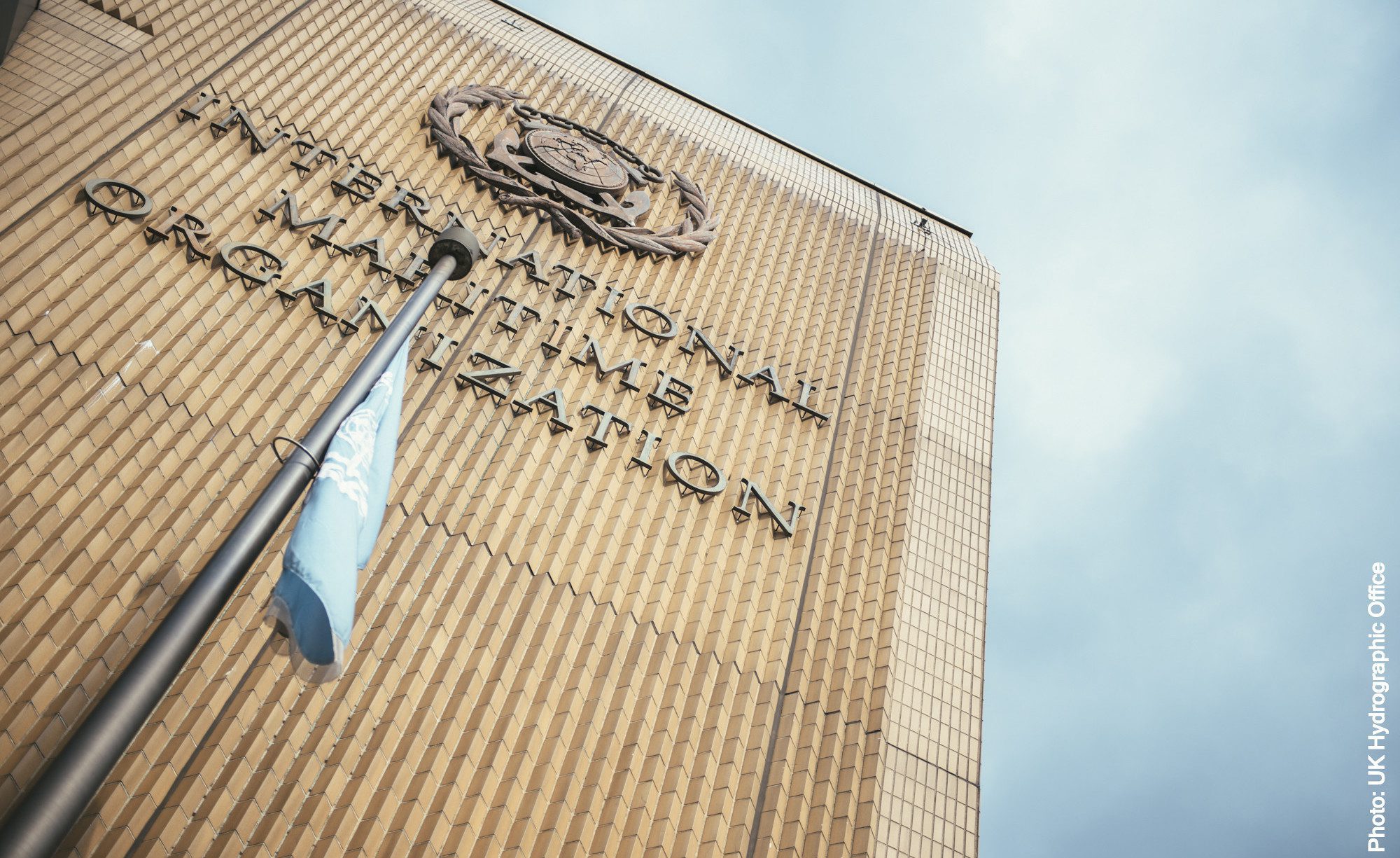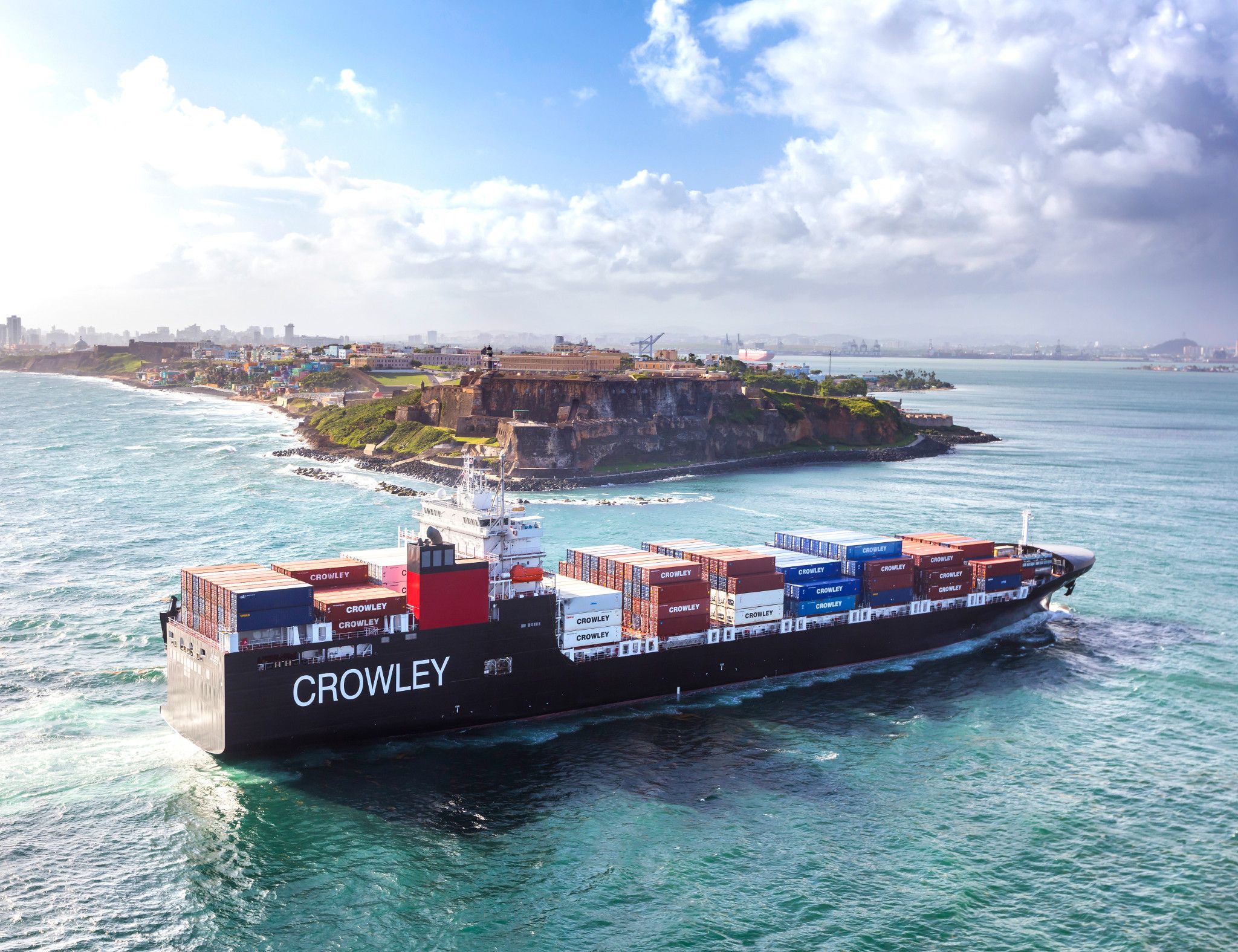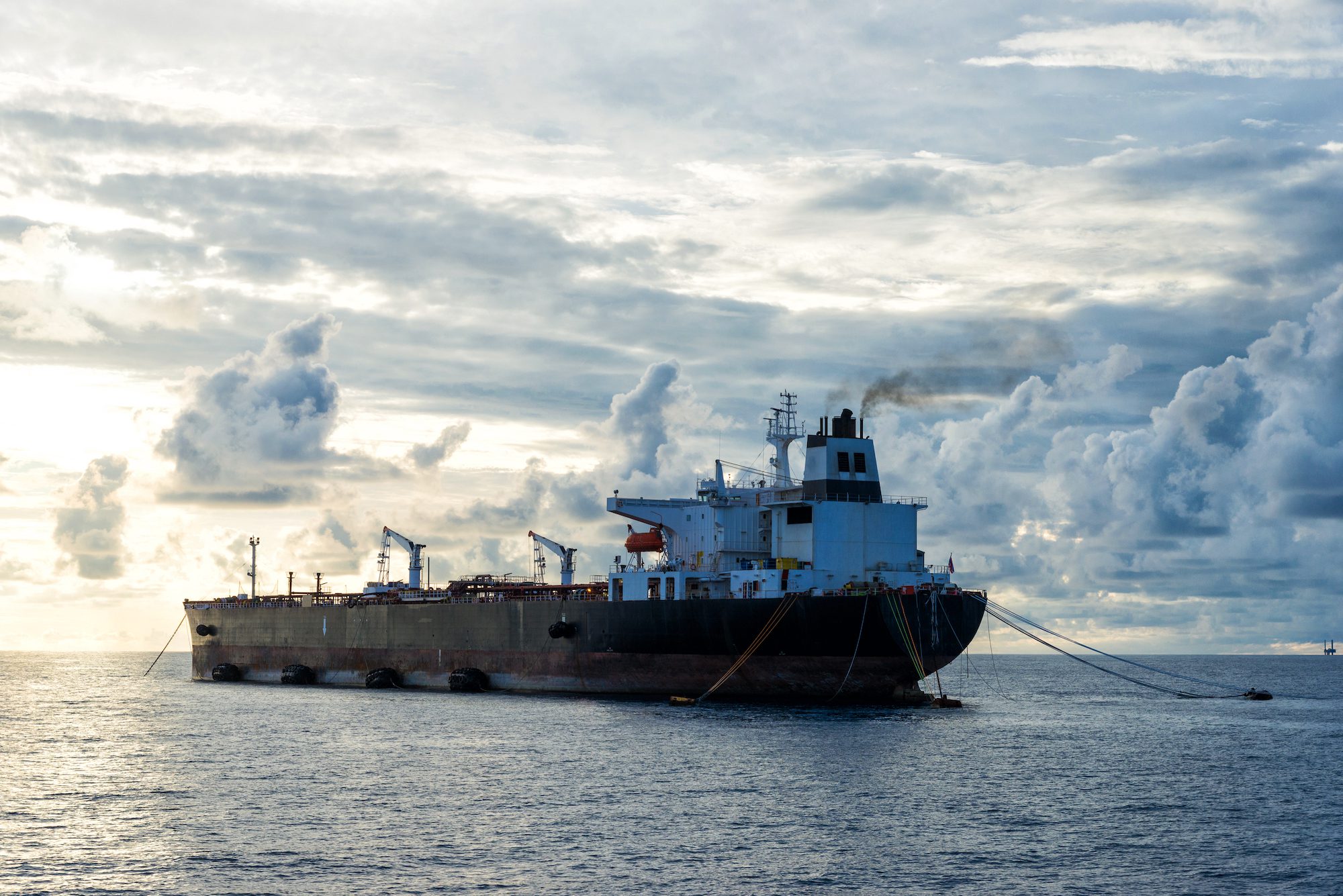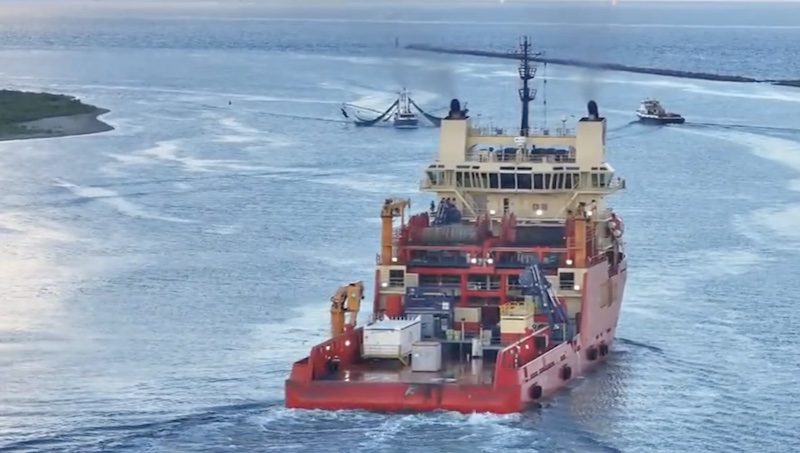By Barry Parker (gCaptain) –
The next meeting of the International Maritime Organization’s (IMO) Marine Environmental Protection Committee (MEPC), designated as MEPC79, is coming up in mid-December. Though this gathering will not be the venue for adjusting the IMO’s overall strategy on decarbonization that is expected to be finalized at MEPC80 in Summer 2023, the agenda includes a number of important items. The IMO is now set up for hybrid meetings, with virtual attendees complementing the in-person sessions held at IMO headquarters on the Thames River.
At the previous meeting, MEPC78, a pathway towards MEPC80 had been outlined. According to the MEPC79 agenda, a working group that will be looking at finer points of the 0.5% limit on sulfur in marine sulfur emissions, which took effect at the beginning of 2020, including issues surrounding scrubbers, and also will look into matters related to biofuels.
MEPC79 will also be looking at consumption of fuel by vessels during 2021, drawing on the IMO Fuel Oil Consumption Database in GISIS, an IMO-run online information portal. It will also delve into the energy efficiency of ships, particularly looking at Attained Energy Efficiency Design Index (EEDI), where the “Phase 4”, which might be introduced later in the decade, will continue as a discussion item.
Most importantly, conversations will be continuing on “the elephant in the room” (perhaps “whale in the water” is more appropriate here), and that is the overall reduction of shipping’s greenhouse gas emissions—again, with an eye towards keying up actions to be voted on at next year’s MEPC80, including the all-important revision of the IMO’s initial strategy dating back to MEPC72 in 2018. This could change the IMO’s overall carbon emission goal to “Net Zero” by 2050 from its current 50% reduction compared to 2008 levels, along with putting goal posts for 2030 in place.
Fundamental definitional issues such as “well to wake” versus “tank to wake”, already being looked at by IMO Correspondence group, will also figure into the discussion. Onboard carbon capture, a topic receiving a lot of attention recently, with several high-profile feasibility studies and demonstration projects, is also on the agenda. At a time that onboard digitalization and connectivity has advanced exponentially in the past three years (with Covid perhaps forcing the acceleration of developments), the IMO will also be looking at proposals for revising the IMO Fuel Oil Consumption Data Collection System (IMO DCS).
And, of course, it’s always good to prepare for unexpected items, with my expectation that the controversial Carbon Intensity Indicators (colloquially “CII”), an area receiving discussion through IMO, and an item for possible future linkage with the IMO DCS, which comes into force less than two weeks after MEPC 79 wraps up, will receive considerable attention (if shipowner groups have their way). Then there are those wildcards in the MEPC’s meeting guidelines, which are saying that: “A working group is expected to be established to consider matters referred to it by the Committee,” and, in a topic labelled as “Any other business,” that “A working group is expected to be established to consider matters referred to it by the Committee.”
Unlock Exclusive Insights Today!
Join the gCaptain Club for curated content, insider opinions, and vibrant community discussions.

 Join The Club
Join The Club













